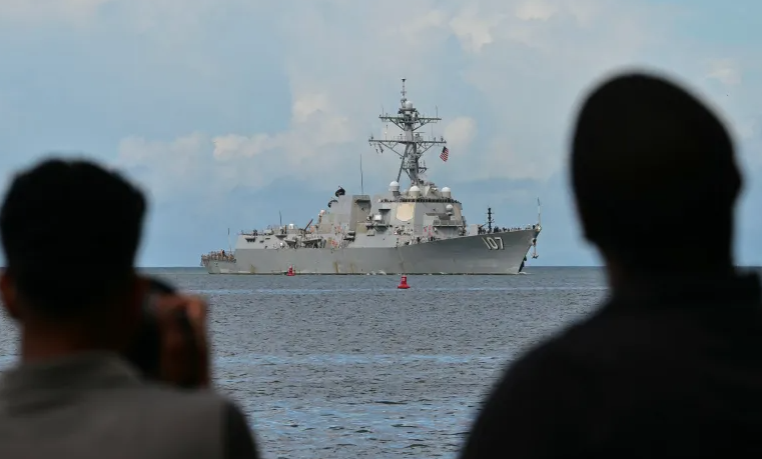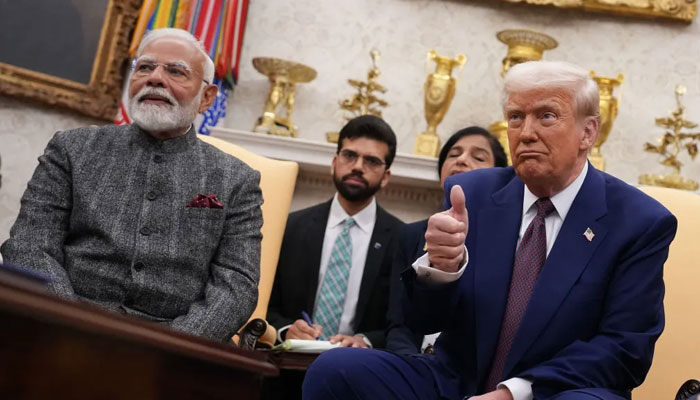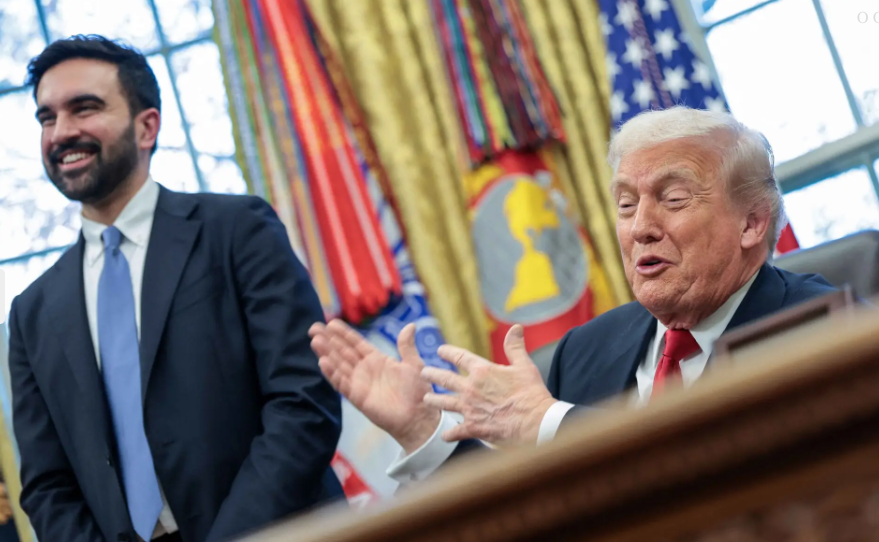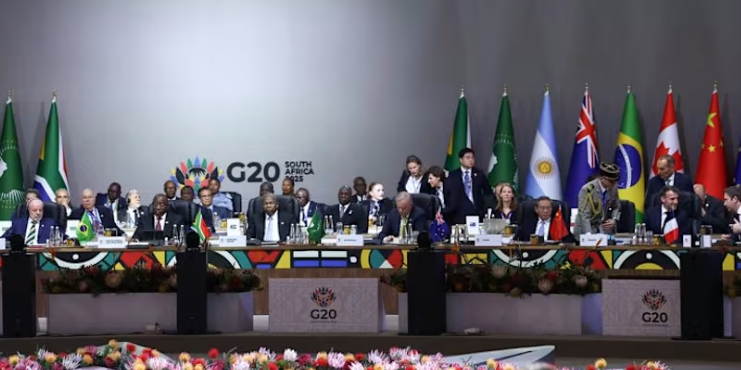WORLD NEWS
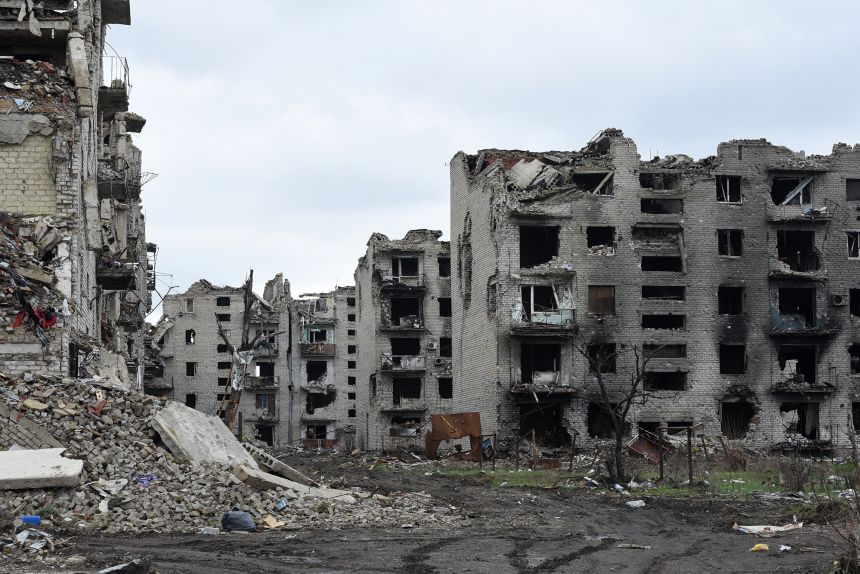
The United States and Ukraine are seeking to narrow differences in a revised peace plan aimed at ending the war with Russia, following a controversial U.S. proposal that Kyiv and its European allies viewed as largely favoring Moscow.
In a joint statement Monday, Washington and Kyiv said they had drafted a “refined peace framework” after talks in Geneva on Sunday. While details remain scarce, the dialogue was cautiously welcomed by some European allies.
Last week, the U.S. had presented a 28-point plan giving Ukraine until Thursday to agree to terms. The proposal included major concessions, including territorial cessions, limits on Ukraine’s military, and shelving NATO ambitions—demands long rejected by Kyiv.
Ukraine’s President Volodymyr Zelenskiy stressed that negotiations are ongoing. “We all continue working with partners, especially the United States, to look for compromises that will strengthen but not weaken us,” he said from a summit in Sweden. Zelenskiy also insisted that Russia must pay for the war, noting the critical importance of accessing frozen Russian assets.
European countries, which were not involved in drafting the initial plan, issued a counter-proposal aiming to reduce territorial concessions and provide U.S.-backed NATO-style security guarantees for Ukraine. German Chancellor Friedrich Merz and Polish Prime Minister Donald Tusk emphasized that any deal must not weaken Ukraine or Europe.
Meanwhile, the war’s toll continues. Kharkiv, Ukraine’s second-largest city, was struck by a massive drone attack on Sunday, killing four people. Across the border, Russian air defenses downed Ukrainian drones heading toward Moscow, temporarily disrupting flights to the capital.
The Geneva talks marked a rare alignment between Kyiv, Washington, and European partners, though Zelenskiy faces mounting domestic pressure after a recent corruption scandal weakened his political position. Critics warn that a deal viewed as capitulation could spark public opposition.
President Donald Trump, maintaining pressure on Ukraine to reach an agreement, indicated via social media that progress might be underway, with Zelenskiy possibly visiting the U.S. this week to discuss sensitive aspects of the plan.
As the negotiations proceed, European and U.S. officials stress that peace will not be immediate, underscoring the complexity of balancing security, territorial integrity, and international support in resolving Europe’s deadliest conflict since World War II.

